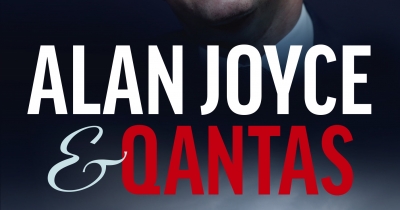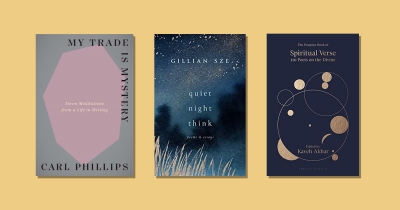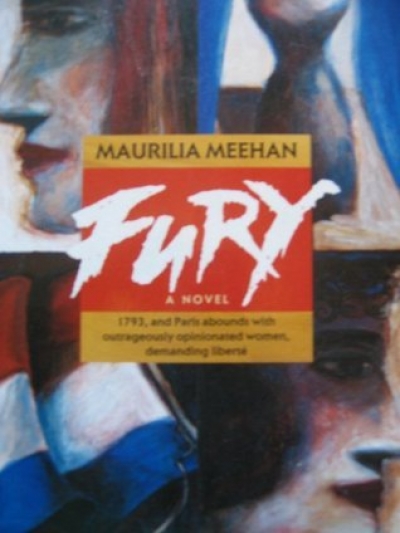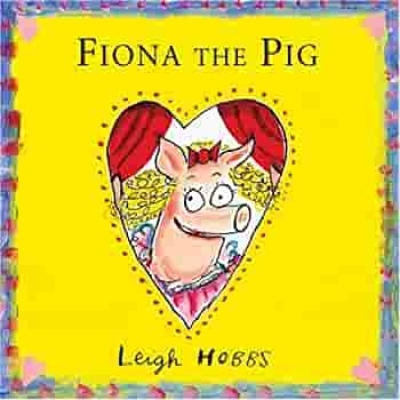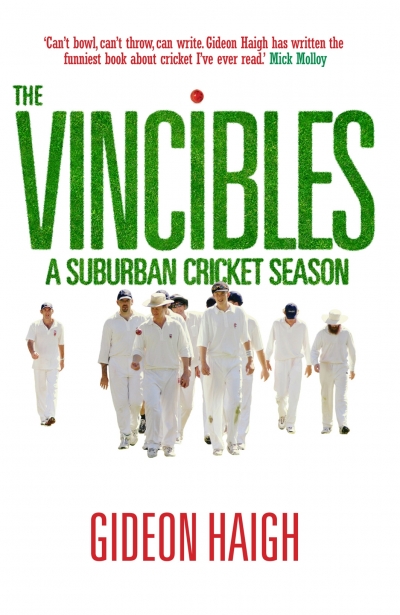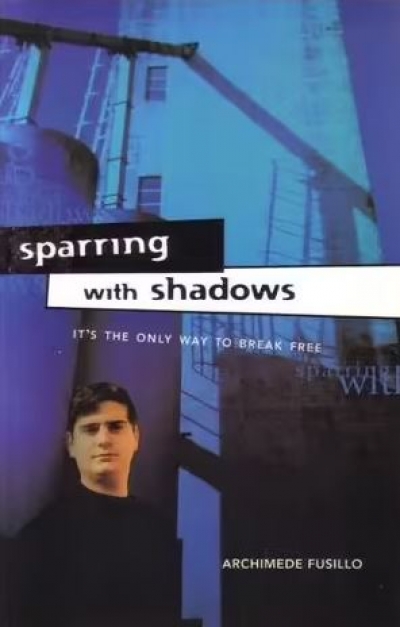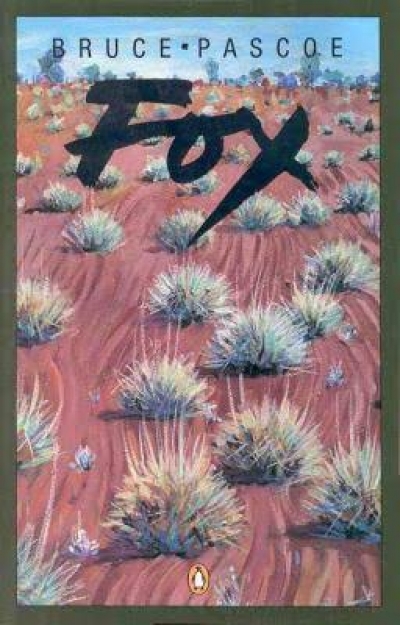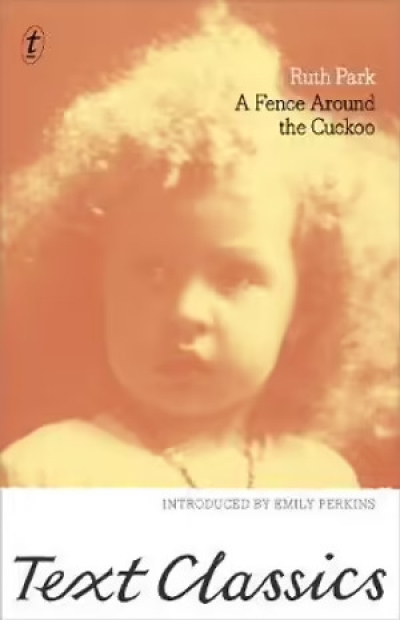Penguin
Alan Joyce and Qantas: The trials and transformation of an Australian icon by Peter Harbison with Derek Sadubin
My Trade Is Mystery by Carl Philips & The Penguin Book of Spiritual Verse edited by Kaveh Akbar
Fiona the Pig by Leigh Hobbs & Too Many Pears! by Jackie French, illus. Bruce Whatley
The Vincibles by Gideon Haigh & Over and Out edited by John Gascoigne
In the current overwhelmingly dour landscape of Australian children’s fiction, it’s a welcome relief to pick up three books which at least claim to rely on humour for their effect. Of course, humour comes in different forms, with different purposes.
In Small Sacrifices, for instance, Beverley Macdonald isn’t looking for easy laughs. By its contrast with the harrowing events which constitute the story’s climax, the humour Macdonald injects into the first two thirds of the book effectively maximises the impact of the tragedy. Central to the fun at the beginning are the members of the bizarrely extended family belonging to the narrator, fourteen-year-old Harry. We meet them as they gradually assemble for Christmas at a beachside house in the town where Harry’s artily eccentric grandmother lives.
... (read more)Blyton got rid of them, Dahl demonised or mocked them but adults are definitely central in the lives of young people in this recent trio of books for the emerging to the retiring adolescent.
The Keeper (Lothian, $12.95 pb, 160 pp) is aimed at the younger end of adolescence, perhaps written with the view that such readers will be willing to suspend disbelief as they will need to in this romantic story of a troubled young boy’s search for a father. Joel is twelve and lives with his grandmother on the Yorke Peninsula, and fishing is his love but fighting his tormentor, Shawn at school, and generally being disruptive, takes up much of his time. However, from the outset we are alerted to Joel’s essential goodness when he defends the meek Mei who will not fight back.
... (read more)
